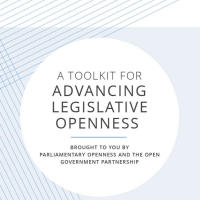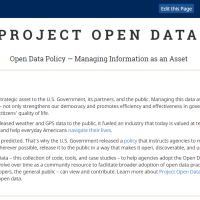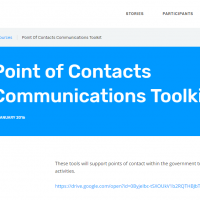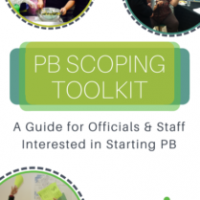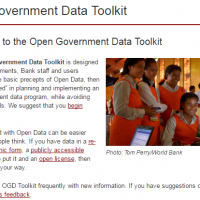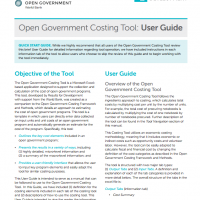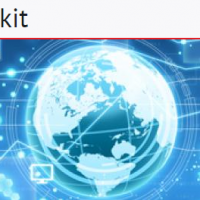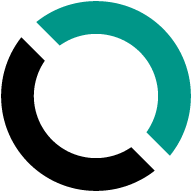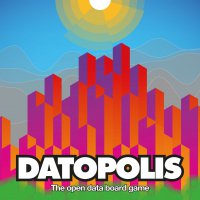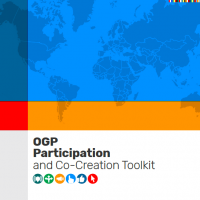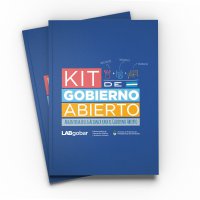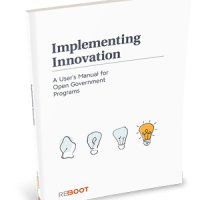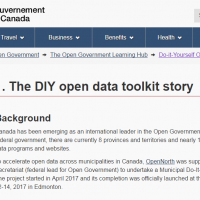Monitoring, evaluation and learning mechanisms help ensure that open government strategies and initiatives initiatives are achieving their intended goals. This includes identifying institutional actors in charge of collecting and disseminating reliable information and data about related initiatives, developing comparable indicators, and fostering a culture conducive to monitoring, evaluation and learning. The relevance of these practices for public policies can hardly be overestimated, as they are part and parcel of evidence-based policy making and help strengthen accountability.
See cases from others doing this in government
Find experts and advisers who can assist whith this
Toolkits
We're working on adding more toolkits in this discipline or practice.



